Ace Inhibitors And Kidney Disease
Ace inhibitors and kidney disease. ACE Inhibitors and ARBs in Patients with Kidney Disease. Approximately 20 million Americans have kidney disease. ACE inhibitors and ARBs have been shown effective in preventing or at least slowing the.
Chronic kidney disease CKD with a pre-treatment serum potassium concentration of greater than 50 mmolL. Study By Hina Zahid Published On 2021-06-10T0900130530 Updated On 2021-06-10T1040310530 SGLT2 inhibitors offer a promising new therapeutic option in the field of nephrology and are likely to be used more extensively in future both in diabetic and non-diabetic kidney diseases. 11 linhas Angio-oedema ACE-inhibitors can cause a non-allergic drug reaction which can precipitate.
Angiotensin-converting enzyme ACE inhibitors have been considered agents of choice for providing protection against the progression of kidney disease for patients with type 1 diabetes. Prescribing medicines drugs in chronic kidney disease CKD - using the appropriate estimate of renal function to avoid the risk of adverse drug reactions ACE inhibitors in chronic kidney disease CKD angiotensin receptor blockers ARB in chronic kidney disease CKD CKD in the elderly. Kidney failure Allergic reactions Decrease in white blood cells Marked swelling of tissues angioedema.
Clinicians widely use ACE inhibitors in medicine for the treatment of hypertension heart failure and patients with chronic kidney disease. Kidney disease is a significant public health problem in the United States. Some ACE-inhibitors contain lactulose and should not be used by people with rare hereditary problems of galactose intolerance the Lapp lactase deficiency or glucose-galactose malabsorption.
However even with the best control the kidneys are apt to be affected by the disease state. Dapagliflozin improves kidney and cardiac function in cases of FSGS kidney disease. What Has to Be Considered Proteinuric kidney disease especially in the early and middle stages of renal insufficiency may be favorably affected by ACE-IARB.
This latest study shows that. In conditions in which glomerular filtration is critically dependent on angiotensin II-mediated efferent vascular tone such as a post-stenotic kidney or patients with heart failure and severe depletion of circulating volume ACE inhibition can induce acute renal failure which is. While effective healthcare workers nurse practitioners physicians and pharmacists who prescribe these agents should be aware of their side effects and limitations.
The progression of renal insufficiency is thereby slowed down and dialysis obligation occurs later or can even be avoided. So far RAAS blockade ACE inhibitors or angiotensin receptor blockers was one of the most effective therapeutic intervention which has been shown to.
The progression of renal insufficiency is thereby slowed down and dialysis obligation occurs later or can even be avoided.
ACE Inhibitors and ARBs in Patients with Kidney Disease. ACE Inhibitors and ARBs in Patients with Kidney Disease. The progression of renal insufficiency is thereby slowed down and dialysis obligation occurs later or can even be avoided. Approximately 20 million Americans have kidney disease. While effective healthcare workers nurse practitioners physicians and pharmacists who prescribe these agents should be aware of their side effects and limitations. Study By Hina Zahid Published On 2021-06-10T0900130530 Updated On 2021-06-10T1040310530 SGLT2 inhibitors offer a promising new therapeutic option in the field of nephrology and are likely to be used more extensively in future both in diabetic and non-diabetic kidney diseases. Angiotensin-converting enzyme inhibitors ACEIs or angiotensin II receptor blockers ARBs are the best-studied antihypertensive agents that provide significant renal and cardiovascular protection for CKD patients and have been recommended to be first-line therapy for patients with nondiabetic CKD especially those with proteinuria by KDIGO Kidney Disease. ACE Inhibitors and ARB in Chronic Kidney Disease. However even with the best control the kidneys are apt to be affected by the disease state.
However even with the best control the kidneys are apt to be affected by the disease state. Use ACE-inhibitors with caution in people with. What Has to Be Considered Proteinuric kidney disease especially in the early and middle stages of renal insufficiency may be favorably affected by ACE-IARB. Angiotensin-converting enzyme ACE inhibitors have been considered agents of choice for providing protection against the progression of kidney disease for patients with type 1 diabetes. However even with the best control the kidneys are apt to be affected by the disease state. Some ACE-inhibitors contain lactulose and should not be used by people with rare hereditary problems of galactose intolerance the Lapp lactase deficiency or glucose-galactose malabsorption. Study By Hina Zahid Published On 2021-06-10T0900130530 Updated On 2021-06-10T1040310530 SGLT2 inhibitors offer a promising new therapeutic option in the field of nephrology and are likely to be used more extensively in future both in diabetic and non-diabetic kidney diseases.





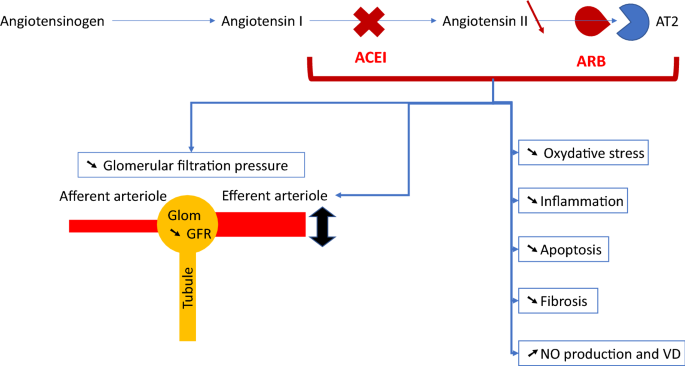









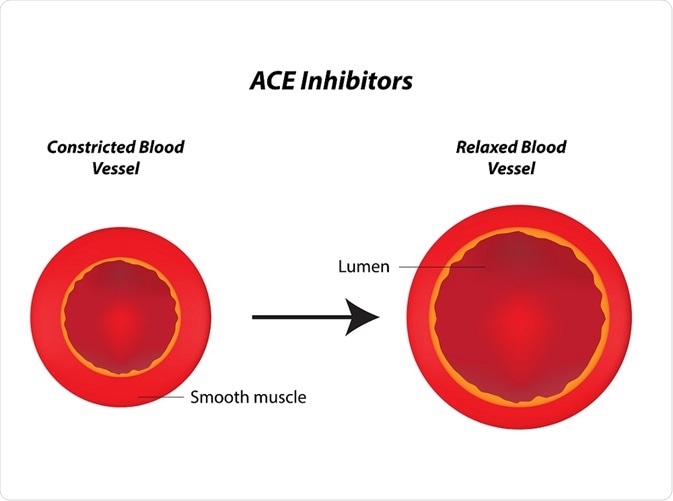



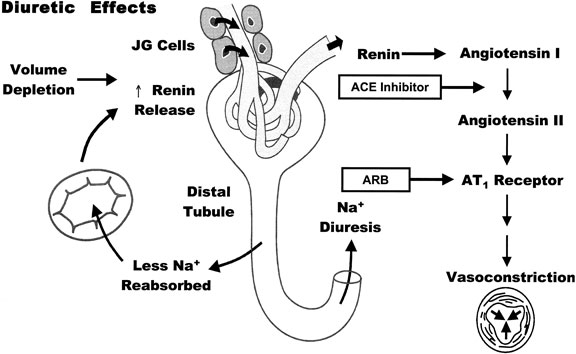

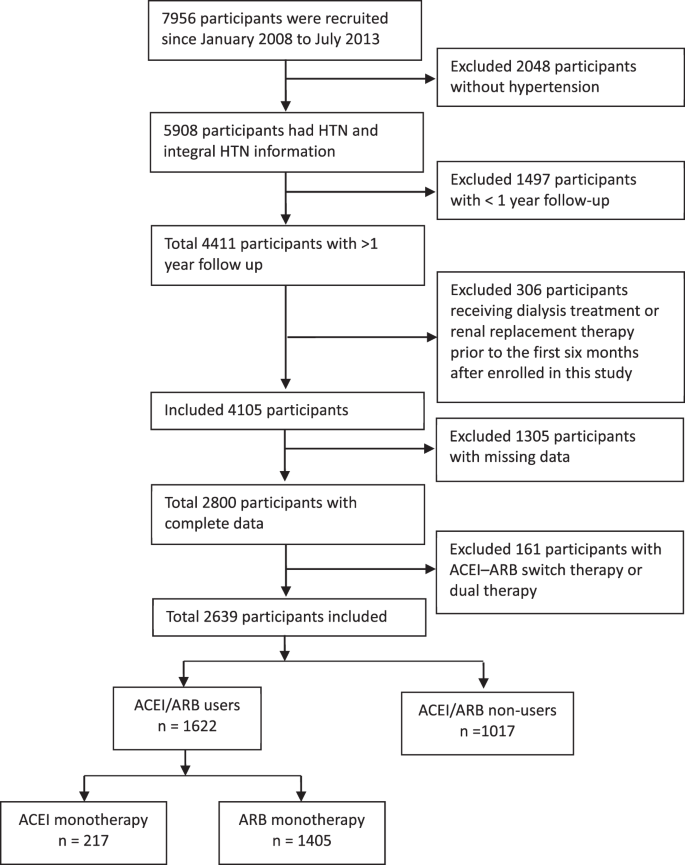


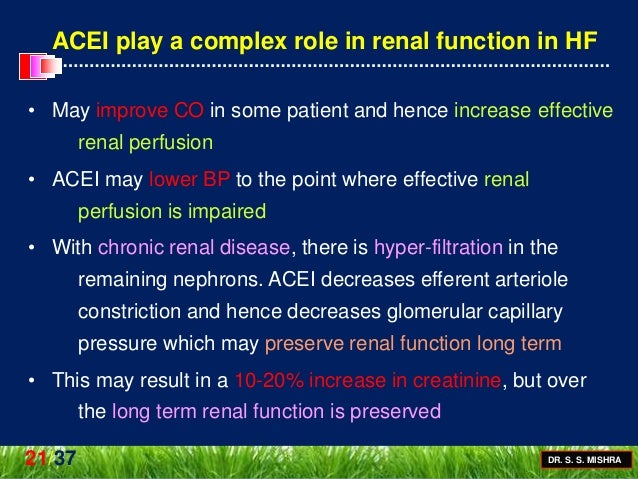
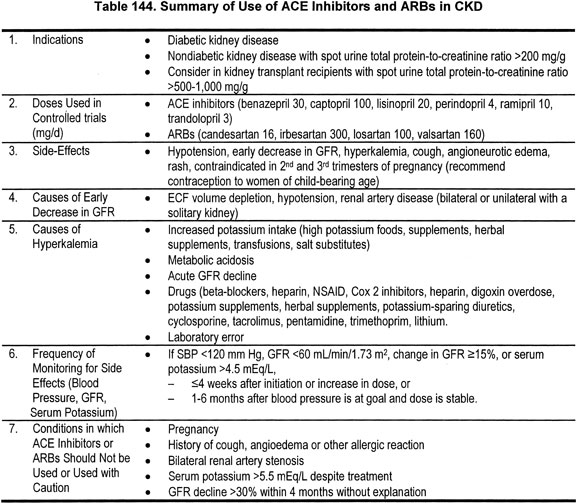






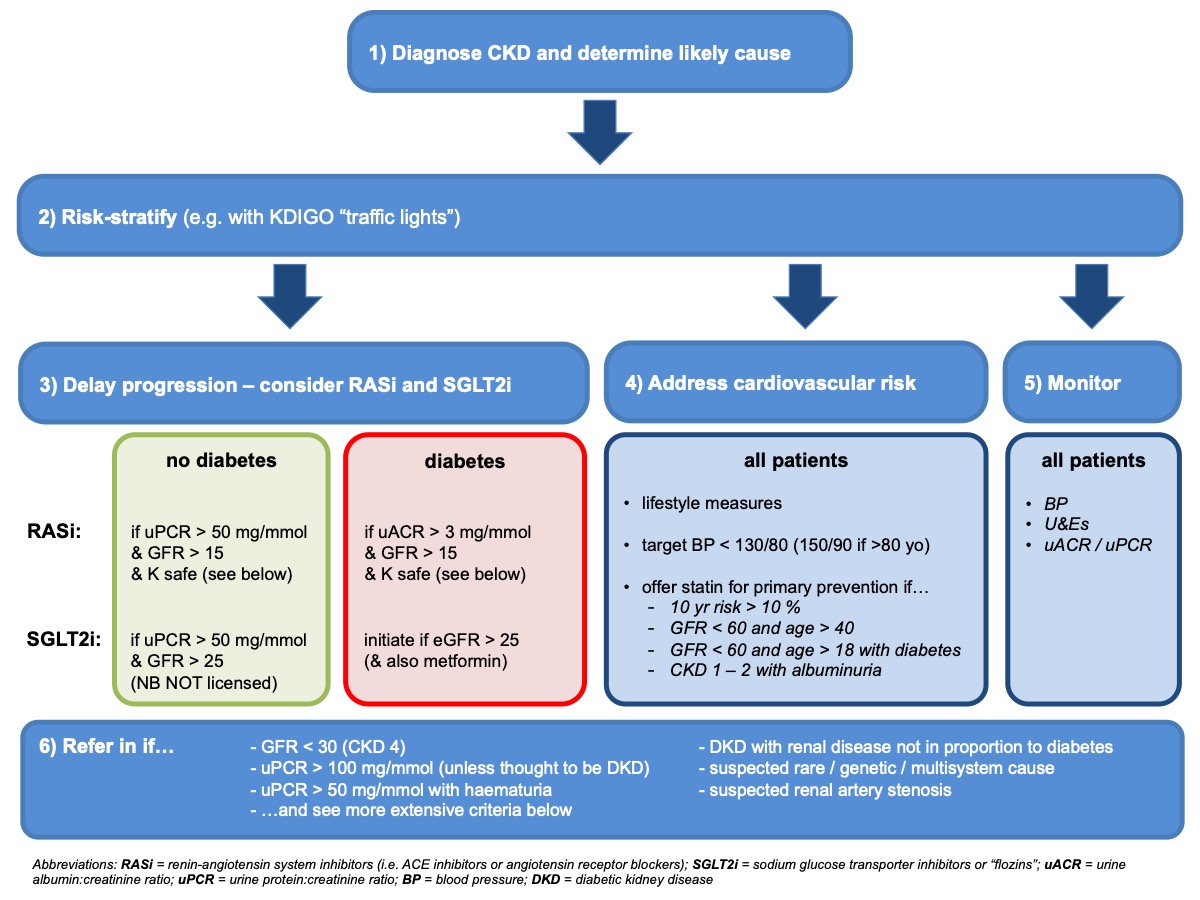

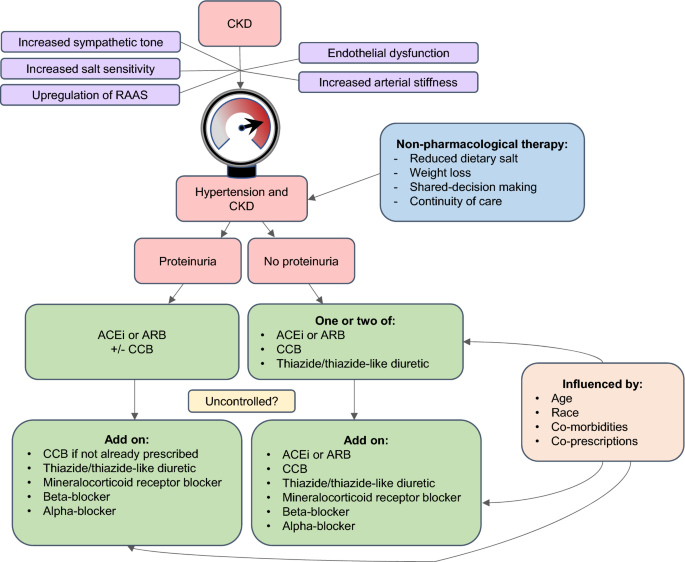





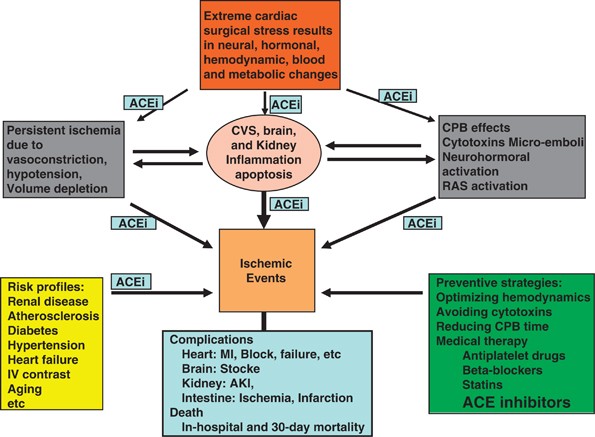



Post a Comment for "Ace Inhibitors And Kidney Disease"